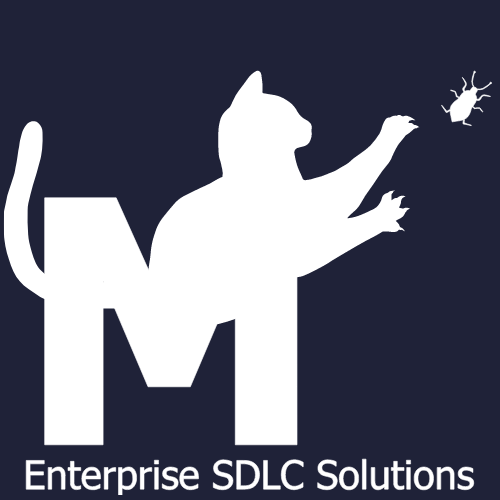As the world becomes increasingly globalized, more and more remote SDLC teams are being formed with team members from different cultures. This can lead to a variety of cultural conflicts, which can be challenging to manage. For this reason, we wanted to inform you about possible cultural conflicts in remote SDLC teams and how you can deal with them.
Common Cultural Conflicts in Remote SDLC Teams
Some of the most common cultural conflicts in remote SDLC teams are:
Communication styles: Different cultures have different communication styles, which can lead to misunderstandings. For example, people from some cultures may be more direct and assertive in their
communication, while people from other cultures may be more indirect and indirect.
Work-life balance: Different cultures have different expectations about work-life balance. For example, people from some cultures may be more likely to work long hours, while people from other cultures may be more likely to prioritize their personal lives.
Decision-making: Different cultures have different approaches to decision-making. For example, people from some cultures may be more likely to make decisions based on consensus, while people from other cultures may be more likely to make decisions based on the authority of the decision-maker.
Time zones: Different cultures have different time
zones, which can make it difficult to coordinate meetings and work on projects.
Holidays: Different cultures celebrate different holidays, which can make it difficult to plan projects and work around team members’ absences.
How to Manage Cultural Conflicts Between Remote Team Members
Be proactive: Don’t wait for a conflict to happen before you take action. Talk to your team members about cultural differences and how they can be managed.
Be a mediator: If a conflict does occur, be willing to mediate between the parties involved. This means listening to both sides of the story and helping them to find a mutually agreeable solution.
Be patient: It takes time to build trust and understanding between people from different cultures. Be patient with your team members as they adjust to working together.
Be respectful: Treat all team members with respect, regardless of their cultural background. This means avoiding stereotypes and assumptions.
Be flexible: Be willing to compromise and be flexible in your own communication and work style. This will help to create a more harmonious work environment.
How to Prevent Cultural Conflicts
There are several things that can be done to prevent cultural conflicts in remote SDLC teams. Some of the most effective of these are:
Conduct orientation programs: Orientation programs can help to introduce team members to the different cultures represented on the team and to the company’s cultural norms.
Provide training on cultural awareness: Training on cultural awareness can help team members to understand the different cultural values and beliefs that may affect their work.
Establish clear communication guidelines: Clear communication guidelines can help to ensure that team members are communicating effectively with each other, regardless of their cultural backgrounds.
Encourage open and honest dialogue: Open and honest dialogue can help to identify and address any potential cultural conflicts before they escalate.
Create a culture of respect: A culture of respect is essential for preventing cultural conflicts. This means creating an environment where all team members feel welcome and respected, regardless of their cultural background.
Don’t forget that communication is the key to preventing and dealing with cultural conflicts in remote SDLC teams. By communicating openly and honestly, being respectful of different cultures, and being flexible, you can create a more harmonious and productive work environment. For this reason, you should always encourage open communication and create a healthy communication environment for your colleagues.

